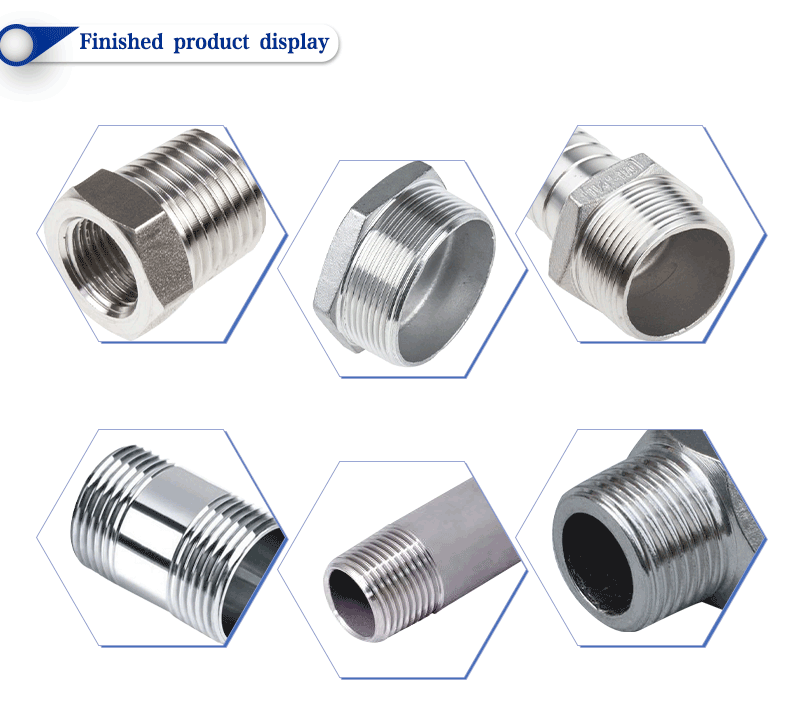
-
 Afrikaans
Afrikaans -
 Albanian
Albanian -
 Amharic
Amharic -
 Arabic
Arabic -
 Armenian
Armenian -
 Azerbaijani
Azerbaijani -
 Basque
Basque -
 Belarusian
Belarusian -
 Bengali
Bengali -
 Bosnian
Bosnian -
 Bulgarian
Bulgarian -
 Catalan
Catalan -
 Cebuano
Cebuano -
 Corsican
Corsican -
 Croatian
Croatian -
 Czech
Czech -
 Danish
Danish -
 Dutch
Dutch -
 English
English -
 Esperanto
Esperanto -
 Estonian
Estonian -
 Finnish
Finnish -
 French
French -
 Frisian
Frisian -
 Galician
Galician -
 Georgian
Georgian -
 German
German -
 Greek
Greek -
 Gujarati
Gujarati -
 Haitian Creole
Haitian Creole -
 hausa
hausa -
 hawaiian
hawaiian -
 Hebrew
Hebrew -
 Hindi
Hindi -
 Miao
Miao -
 Hungarian
Hungarian -
 Icelandic
Icelandic -
 igbo
igbo -
 Indonesian
Indonesian -
 irish
irish -
 Italian
Italian -
 Japanese
Japanese -
 Javanese
Javanese -
 Kannada
Kannada -
 kazakh
kazakh -
 Khmer
Khmer -
 Rwandese
Rwandese -
 Korean
Korean -
 Kurdish
Kurdish -
 Kyrgyz
Kyrgyz -
 Lao
Lao -
 Latin
Latin -
 Latvian
Latvian -
 Lithuanian
Lithuanian -
 Luxembourgish
Luxembourgish -
 Macedonian
Macedonian -
 Malgashi
Malgashi -
 Malay
Malay -
 Malayalam
Malayalam -
 Maltese
Maltese -
 Maori
Maori -
 Marathi
Marathi -
 Mongolian
Mongolian -
 Myanmar
Myanmar -
 Nepali
Nepali -
 Norwegian
Norwegian -
 Norwegian
Norwegian -
 Occitan
Occitan -
 Pashto
Pashto -
 Persian
Persian -
 Polish
Polish -
 Portuguese
Portuguese -
 Punjabi
Punjabi -
 Romanian
Romanian -
 Russian
Russian -
 Samoan
Samoan -
 Scottish Gaelic
Scottish Gaelic -
 Serbian
Serbian -
 Sesotho
Sesotho -
 Shona
Shona -
 Sindhi
Sindhi -
 Sinhala
Sinhala -
 Slovak
Slovak -
 Slovenian
Slovenian -
 Somali
Somali -
 Spanish
Spanish -
 Sundanese
Sundanese -
 Swahili
Swahili -
 Swedish
Swedish -
 Tagalog
Tagalog -
 Tajik
Tajik -
 Tamil
Tamil -
 Tatar
Tatar -
 Telugu
Telugu -
 Thai
Thai -
 Turkish
Turkish -
 Turkmen
Turkmen -
 Ukrainian
Ukrainian -
 Urdu
Urdu -
 Uighur
Uighur -
 Uzbek
Uzbek -
 Vietnamese
Vietnamese -
 Welsh
Welsh -
 Bantu
Bantu -
 Yiddish
Yiddish -
 Yoruba
Yoruba -
 Zulu
Zulu
Affordable Flat Die Thread Rolling Machines for Efficient Manufacturing Processes and Enhanced Production Quality
The Efficiency and Cost-Effectiveness of Cheap Thread Rolling Machines with Flat Dies
In the realm of manufacturing, the efficiency of production processes can significantly influence the overall cost and quality of the output. One notable equipment that has revolutionized the manufacturing sector is the thread rolling machine, specifically those utilizing flat dies. These machines have gained popularity due to their ability to produce high-quality threads at an economical price, making them an attractive investment for small to medium-sized enterprises.
The Efficiency and Cost-Effectiveness of Cheap Thread Rolling Machines with Flat Dies
One of the significant benefits of using a cheap thread rolling machine with flat dies is cost-effectiveness. Traditional methods like tapping and machining can be labor-intensive and time-consuming, leading to higher operational costs. In contrast, thread rolling machines can produce a large volume of threads in a much shorter time frame, thus reducing labor costs and increasing productivity. Additionally, the ability to roll threads on existing materials minimizes material waste, which can further enhance cost savings.
cheap thread rolling machine flat die

Another advantage of these machines is their versatility. They can handle a wide range of materials, including metals such as steel, aluminum, and brass, as well as plastics. This flexibility makes them suitable for various industries, allowing manufacturers to diversify their product lines without the need for multiple specialized machines. Furthermore, flat die thread rolling machines can be adapted for different thread sizes and configurations, providing manufacturers the freedom to meet specific customer requirements with ease.
Safety and maintenance are also critical considerations in any manufacturing environment. Cheap thread rolling machines typically have fewer moving parts than traditional machining equipment, which can lead to lower maintenance costs and an enhanced safety profile. Additionally, since the thread rolling process operates at lower temperatures compared to cutting operations, the risk of workpiece damage or operator injury is significantly reduced.
However, while the affordability of cheap thread rolling machines is enticing, manufacturers must still be cautious in their selection process. It's essential to consider the machine's specifications, build quality, and the reputation of the manufacturer. Investing in a machine that is well-constructed and backed by reliable support can ensure long-term operational success. Moreover, training staff to operate these machines efficiently can maximize their output and lifespan, further contributing to the cost-effectiveness of the investment.
In conclusion, cheap thread rolling machines equipped with flat dies represent a valuable asset in modern manufacturing. Their ability to produce high-quality threads efficiently and economically positions them favorably in a competitive market landscape. By reducing material waste, lowering operational costs, and enhancing production speed, these machines not only help manufacturers increase profitability but also allow them to maintain high standards of quality and precision in their products. As the manufacturing sector continues to evolve, thread rolling machines will undeniably remain an integral part of the equation for success.
